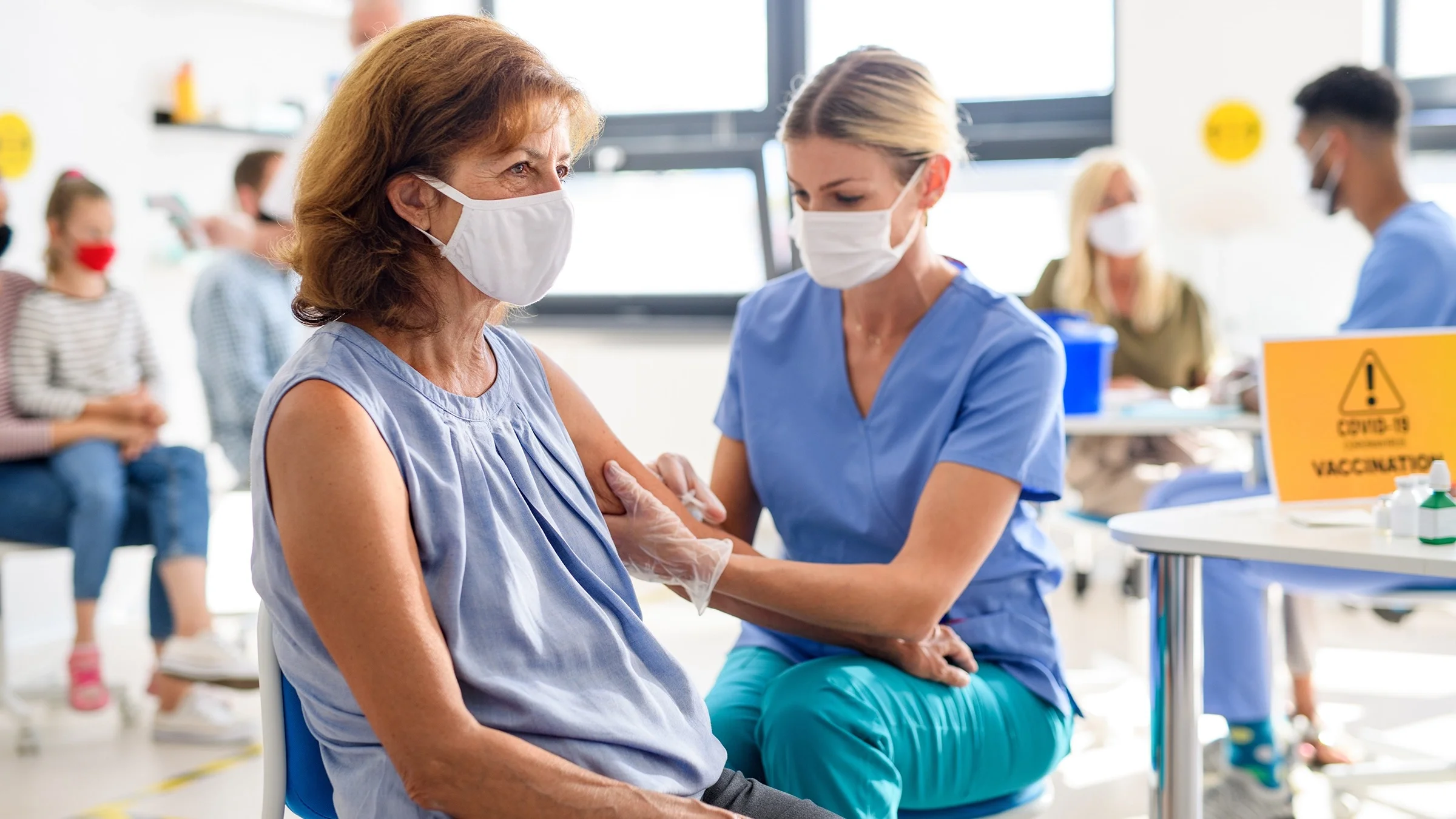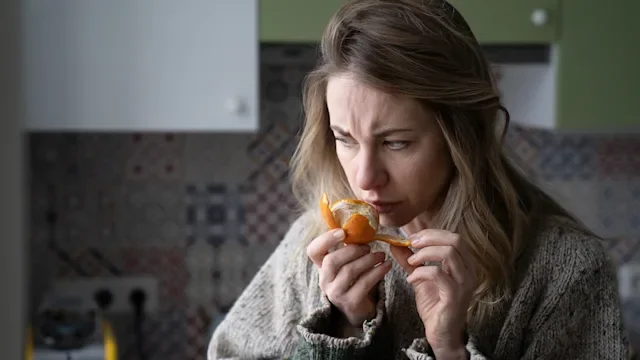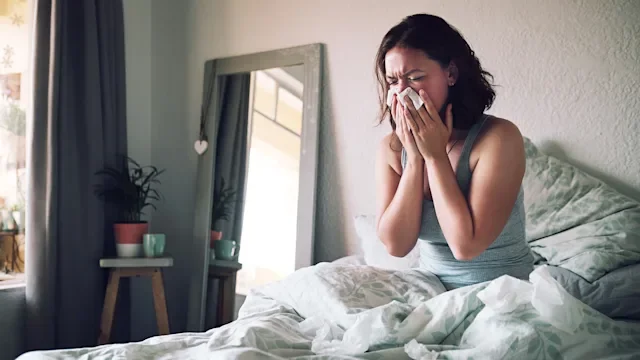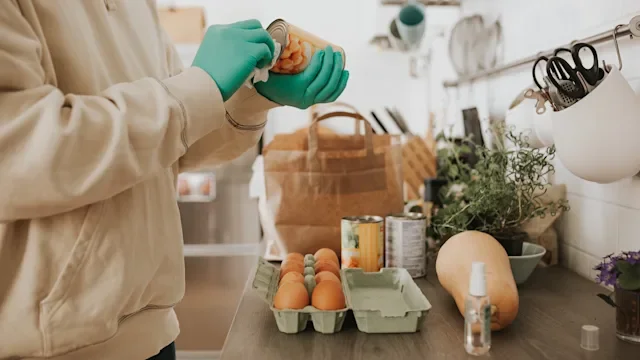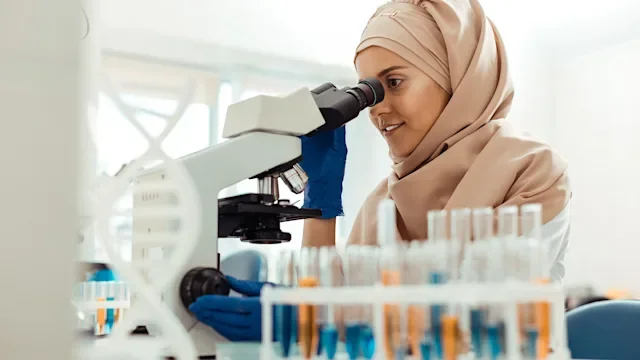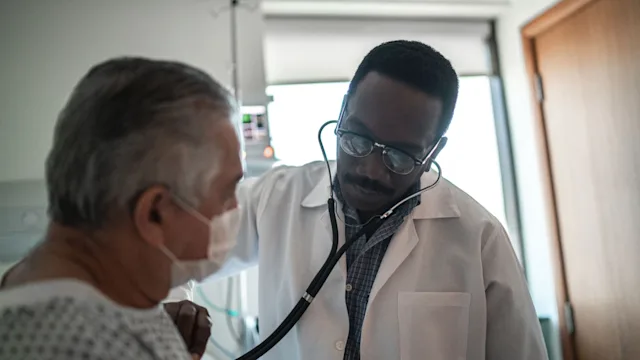Key takeaways:
If your immune system is compromised because of an underlying medical condition or medication you take, you should still get the COVID vaccine.
The approved COVID vaccines do not contain a live virus and cannot infect anyone — immunocompromised or otherwise — with the coronavirus.
Major medical authorities and scientists support COVID vaccination in people with a weakened immune system, although the timing of certain immunosuppressant medications may need to be adjusted.
People with a weakened immune system may not get as much protection from a COVID vaccine as those with a functioning immune system, so they should continue masking, distancing, and avoiding high-risk situations even if they are fully vaccinated.
There have been rumors that COVID vaccines can “weaken your immune system.” This statement is false according to research by the CDC and other organizations.
If you have rheumatoid arthritis, take immunosuppressant medications, or have another underlying condition that means you are at risk of becoming very sick with COVID-19, you may be wondering whether a COVID vaccine is safe for you — and if it is, how soon you can get it.
Here, we’ll go over what immunocompromised people need to know about the vaccine, when to talk to your provider about the vaccine, and the risks of not getting vaccinated if you are immunocompromised.
What does it mean to be immunocompromised during the COVID-19 pandemic?
Being immunocompromised means your immune system is weakened. This could be because of a disease (immunodeficiency), or it could happen deliberately, with medication (immunosuppression). If you’re immunocompromised, you are more likely to get an infection — such as COVID-19 — and more likely to be more unwell with it than someone whose immune system is working well.
Search and compare options
Here’s a list of the main causes of a severely weakened immune system:
Any type of cancer, but especially blood cancers (such as Hodgkin’s disease, leukemias, and myelomas) and solid (organ) cancers that have been diagnosed within the last 5 years
Chemotherapy or radiation therapy for cancer
Medications that treat autoimmune diseases (for example, corticosteroids, cyclosporine, methotrexate, azathioprine, and biologic therapies like rituximab and etanercept, to name just a few)
Any infections — for example, HIV/AIDS, tuberculosis, and herpes
Medications that people take if they have had a bone marrow or organ transplant (for example, mycophenolate, tacrolimus, or cyclosporine)
Other conditions and life stages can weaken the immune system, too — to various degrees. These include:
Chronic diseases like obesity, diabetes type 1 or type 2, kidney failure, liver cirrhosis, and liver failure
Autoimmune conditions such as lupus (SLE) and rheumatoid arthritis
Not having a spleen (because of a physical trauma) or not having a functioning spleen (because of sickle cell disease)
Being malnourished
Aging
Stress
Tobacco smoking and alcoholism
The more of these risks apply to you, the more at risk you are of becoming severely ill with COVID-19.
Can immunocompromised people receive the COVID-19 vaccine?
Yes, most people with compromised immune systems, including high-risk medical conditions or a combination of the risk factors listed above can get the COVID-19 vaccine — according to the CDC.
If you are “moderately or severely immunocompromised” the CDC currently recommends that you have the following COVID-19 vaccinations:
Children age 5 to 11: a series of three COVID-19 vaccination shots
People age 12 and over: a series of three COVID-19 vaccination shots, plus a booster shot
None of the approved COVID-19 vaccines contain living organisms, and they cannot infect you with the SARS-CoV-2 virus that causes COVID-19 — the science is clear on that. Both the Pfizer-BioNTech and Moderna vaccines use the same technology: They are mRNA vaccines, which use genetic material to train your body to recognize and fight off the virus. The Johnson & Johnson vaccine is a viral vector vaccine that delivers instructions to the body’s immune system using an inactivated virus called an adenovirus.
The recommendations from multiple trusted medical authorities are that the COVID vaccines are safe for people with weakened immune systems who don’t have any other risks with receiving vaccination. Examples of supporting this include:
What is still not completely clear at this point is how well people with disorders of the immune system will be protected against COVID-19 — even if they are fully vaccinated. There is some evidence that they aren’t able to build as strong an immune protection against the virus as people with fully functional immune systems, even after receiving a booster
Can people taking immunosuppressant medications receive the vaccine?
Yes — but the timing may need careful planning. The concern is not so much about safety, but about whether some types of immunosuppressant medication could lower the efficacy of the vaccine. Much like for people with underlying medical conditions who are immunocompromised, people who have a lowered immune system caused by the medications they take can safely receive COVID vaccines. Because the vaccines do not contain a live virus, you cannot get infected from the vaccine — even if you take immunosuppressants.
But it is possible that the vaccine is less effective if your immune system is suppressed with medication. There isn’t enough data to know for sure yet — only time will tell.
If it is possible to delay the start of immunosuppressant therapy until 2 weeks after a person is fully vaccinated, then that is considered ideal. This isn’t always possible, though, and the decision to delay treatment should be made jointly by the person affected and their healthcare provider.
If a person is already taking immunosuppressant medications regularly, then some experts suggest adjusting the timing of the medication in order to maximize the response to the COVID vaccine. For example, The American College of Rheumatology outlines its recommendations for holding medications such as mycophenolate, methotrexate, rituximab, cyclophosphamide, and others for one to two weeks after receiving the COVID vaccine — if possible.
But, even if the COVID vaccine is not as effective in you as it might be in someone else, it will still offer you some protection. And some protection is better than no vaccine.
Were immunocompromised people included in the vaccine trials?
The first vaccine clinical trials didn’t include immunocompromised people and for good reason. Researchers wanted to know that the vaccines were safe and would work in a large numbers of healthy adults before they test it on more risky groups (children, pregnant people, and immunocompromised people). Now that the FDA has given full approval for certain COVID-19 vaccines, researchers are starting to investigate these groups more closely.
Does the COVID vaccine weaken the immune system?
No, COVID vaccines do not weaken the immune system. This is a myth.
In 2021, articles spread on social media claiming that the Pfizer COVID vaccine makes the immune system weaker, and “destroys T cells.” These claims are not true. In fact, the CDC and other research organizations agree that the COVID vaccines boost your immune system’s ability to fight COVID — even in people who have a compromised immune system.
Who should check with their provider before getting the COVID-19 vaccine?
If you have a high-risk medical condition or have concerns you could be immunocompromised, you should speak with your provider about whether getting the COVID-19 vaccination is right for you, and if so, how to time it.
For example, if you are eligible for vaccination, but you’re currently unwell with an acute illness, then you’ll want to wait until you feel better before getting the shot.
A very small number of people who are high risk for getting severe COVID-19 may not be able to have the vaccine — ever. If you have had a severe allergic reaction to a first dose of the COVID-19 vaccine, or if you have had a severe allergic reaction in response to any component of the vaccine in the past, then you should not get the vaccine.
If you are at high risk for COVID-19 and you’ve had allergies to other vaccines in the past, you and your allergist should have a conversation weighing the risks versus the benefits of vaccination. It may be that you can get the vaccine in a monitored clinical setting in case a severe allergic reaction does develop.
Can pregnant people get the vaccine?
Pregnant people were not included in any of the original COVID-19 vaccine trials, but trials are now underway to get definitive data on COVID vaccine safety in pregnancy. Vaccine manufacturers, the FDA, and the CDC are all actively collecting, reviewing, and monitoring data from pregnant people receiving the vaccines, and so far there are no concerns for the health of the pregnant parent or the unborn baby. Of course, longer follow-up is needed. If you are interested in taking part in this research, you can join the CDC’s V-safe pregnancy registry.
According to the CDC, there is evidence that the benefits of COVID-19 vaccination during pregnancy outweigh any potential risks. This is because pregnancy COVID-19 more dangerous and harder to treat. The American College of Obstetricians and Gynecologists also recommends that all pregnant people should receive a COVID vaccine, while highlighting the rare risk of blood clots with low platelets in those under the age of 50 associated with the J&J COVID-19 vaccine.
It’s always best to have a conversation with a healthcare professional about the risks and benefits of COVID-19 vaccination if possible, but don’t let that delay you from getting your shot.
Finally, it’s important to note that the vaccine cannot give you or your baby COVID-19.
What are the risks of NOT getting the COVID-19 vaccine if I am immunocompromised?
People with compromised immune systems are at higher risk of becoming severely unwell with COVID-19. Even if they don’t, there is some evidence that they may stay infectious for a longer period of time than others — putting other people in their households and their communities at risk.
Some people at high risk may also just be too unwell to receive the vaccine. These people will rely on all of us to keep working hard to prevent the spread of infection. This means isolating when indicated, social distancing, washing our hands, and wearing a mask. But it also means getting vaccinated against COVID-19 when our turn comes.
We all have our part to play in keeping the most vulnerable in our communities safe.
The bottom line
If you have a weakened or compromised immune system, the risk of being very unwell with COVID is much higher than for people with a functioning immune system. Despite real uncertainty over how powerfully the COVID vaccine might work in immunocompromised people, the consensus from experts is that some protection is still better than none.
No single line of defense against the coronavirus can keep you 100% safe, but by combining wearing a facemask, with social-distancing, handwashing, and getting the vaccine — you’re giving it your best shot.

Why trust our experts?

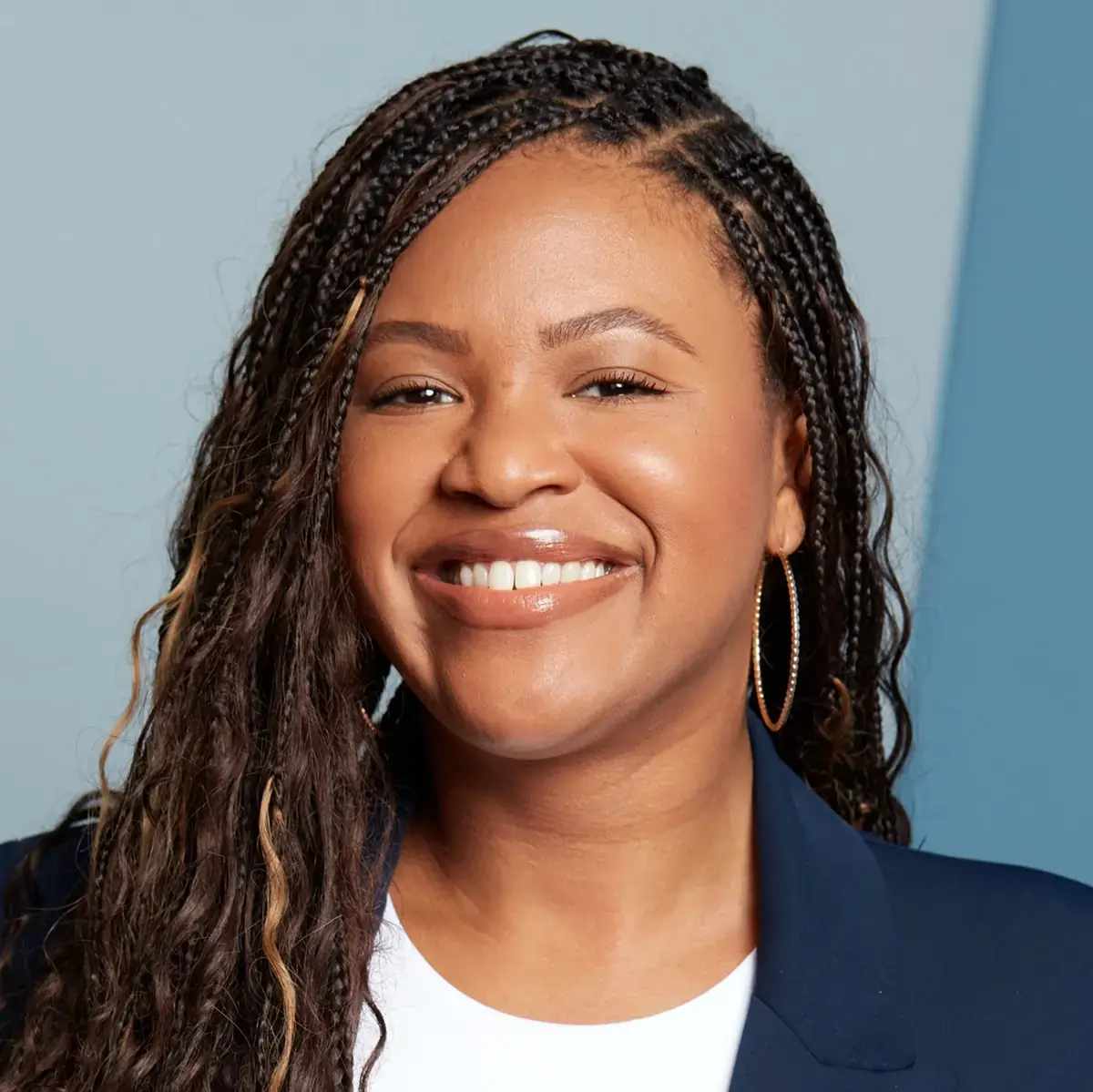
References
Swenson, A. (2021). COVID-19 vaccines don’t destroy T cells or weaken immune system. Associated Press.
Breastcancer.org. (2021). Pfizer, Moderna COVID-19 vaccines less effective in immunocompromised people, but help avoid hospitalization.
Centers for Disease Control and Prevention. (2022). COVID-19 vaccines for moderately or severely immunocompromised people.
Morris, A. (2022). When three shots are not enough. The New York Times.
Berg, S. (2021). What to tell immunocompromised patients about COVID-19 vaccines. American Medical Association.
Centers for Disease Control and Prevention. (2022). Developing COVID-19 vaccines.

